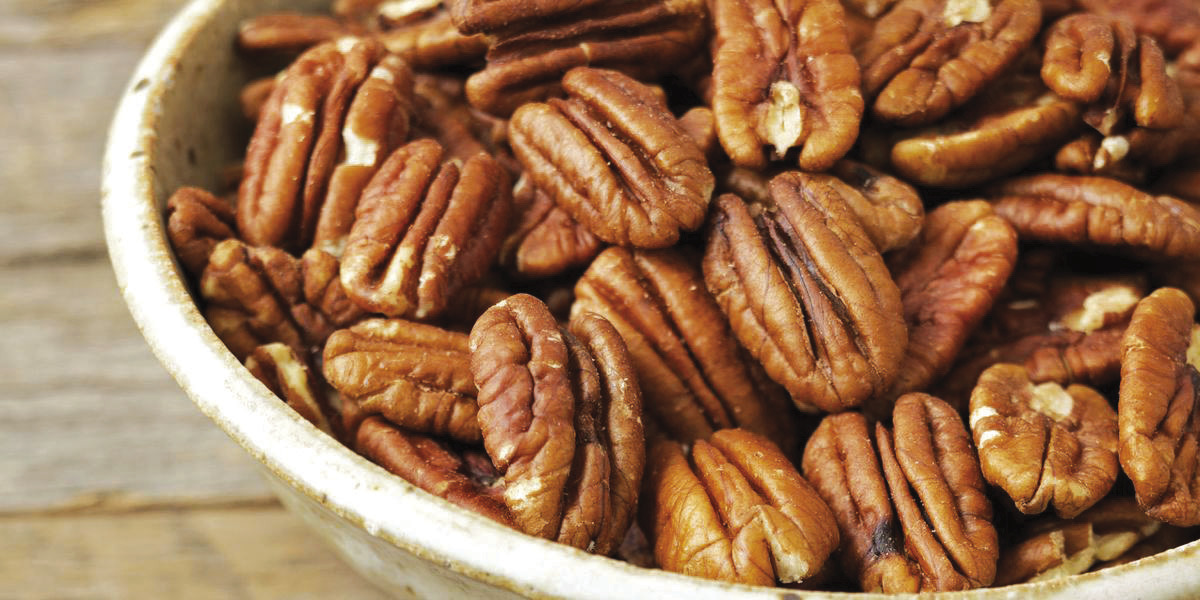AT THE TRAIL
BRI CORPUS
Pecans have been used by humans in a variety of ways for hundreds of years, and fossil evidence suggests the nut bearing tree has been around since prehistory.
The pecan tree is native to the lower Mississippi Valley and has long been valued for its wood and its nut, which is the only major nut to grow naturally in North America.
Through centuries of trading, pecans became popular around the world, and Texas stands as a prominent contributor to the global pecan market.
The word “pecan” comes from The Algonquin name for the nut, “pacane,” which translates to “nuts requiring a stone to crack.”
Indigenous people pressed pecans to use their oil, ground them to make milk and add to soups, pounded and dried them to make powders, and roasted them whole.
Today, their versatile flavor and high nutritional value make them favorable in all kinds of dishes, desserts, and diets.
While pecan orchards have thrived in Texas for generations, recent intense drought has brought about smaller yields for the second year in a row. Ranchers have reported losses of the hearty tree due to intense heat, similar to numbers lost in the devastating droughts of the 1950s and 2010s.
Droughts of this intensity and frequency, combined with strain on water resources due to population growth and development, have caused many to fear for the future of the crop.
As we gather for the holidays and enjoy pecan pies, cookies, and other favorites, remember the journey this resilient and adaptive Texas nut has taken. Let us hope for, and actively fight for, a future where it continues to flourish, bringing joy and flavor to all the generations to come.









Comment
Comments